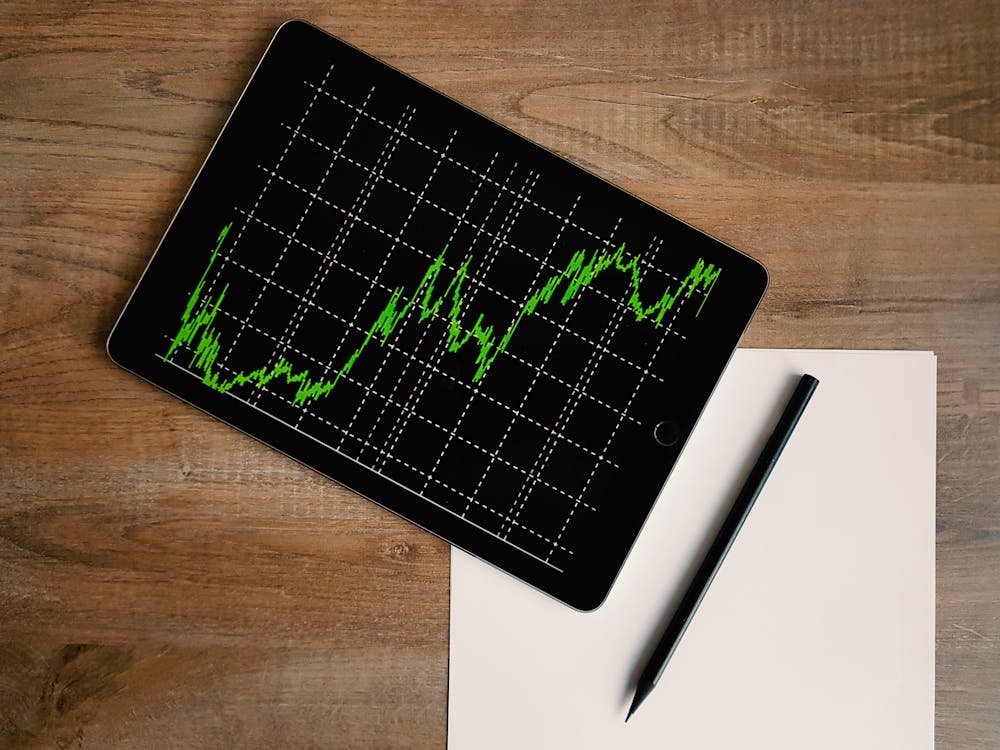Current Analysis: ING Group

Image Source: Pexels
The merger of the Dutch postal bank and NN Insurance in 1991 created ING. Through a series of further acquisitions, ING built up a global footprint.
The 2008 financial crisis forced ING to seek government support—a precondition of that support had ING separate its banking and insurance activities, which saw ING revert to being solely a bank.
ING has market-leading banking operations in the Netherlands and Belgium and a range of digital banks across Europe and Australia. Its global wholesale banking operation is primarily focused on lending.
It serves individual customers, corporate clients, and financial institutions.
ING Groep N.V. was founded in 1762 and is headquartered in Amsterdam, the Netherlands.
Three key data points gauge ING Groep NV or any dividend-paying firm.
The key three are:
(1) Price
(2) Dividends
(3) Returns
Those three basic keys best tell whether any company has made, is making, and will make money.
ING Price
Over the past year, ING's share price rose about 4.5% from $13.38 to $13.98 as of Monday’s market close.
If ING trades in the range of $11.00 to $21.00 this next year, its recent $13.98 share price might rise to $18.00 by next year. Of course, ING’s price could drop about the same $4.02 estimated amount or more.
My annual upside estimate of $4.02 however, is $1.50 under the median one-year target estimates from the two analysts tracking this major European bank for brokers.
ING Dividend
ING has declared variable semi-annual dividends since July 1993. ING’s most recent semi-annual dividend of $0.38 was declared on August 3, 2023, to shareholders of record on May 11th. The payout was made on August 21st.
A forward-looking $0.81 annual dividend yields 5.76% at Monday’s $13.98 share price.
ING Returns
To put it all together, add the estimated annual dividend of $0.81 to the estimated price upside of $4.02 to find a $4.83 gross gain.
At Friday’s $13.98 share price, a little over $1000 would buy 72 shares.
A $10 broker fee (if charged), paid half at purchase and half at sale, would cost us about $0.14 per share.
Subtracting that likely $0.14 brokerage cost from the $4.83 gross gain produces a net gain of $4.69 X 72 shares = $337.68 for a 33.5% estimated net gain.
You might choose to pounce on ING Group NV, it is a 262-year-old Amsterdam-based European Regional Bank.
Furthermore, the estimated $57.60 of annual dividend income from $1k invested is over 4 times greater than ING’s recent $13.98 single share price.
The exact track of ING Groep NV's ongoing future price and dividend will be determined by market action.
More By This Author:
Current Analysis: BNP Paribas (BNPQY)
Current Analysis: Randstad
Current Analysis: Grupo Aeroportuario
Disclaimer: This article is for informational and educational purposes only and should not be construed to constitute investment advice. Nothing contained herein shall constitute a ...
more


